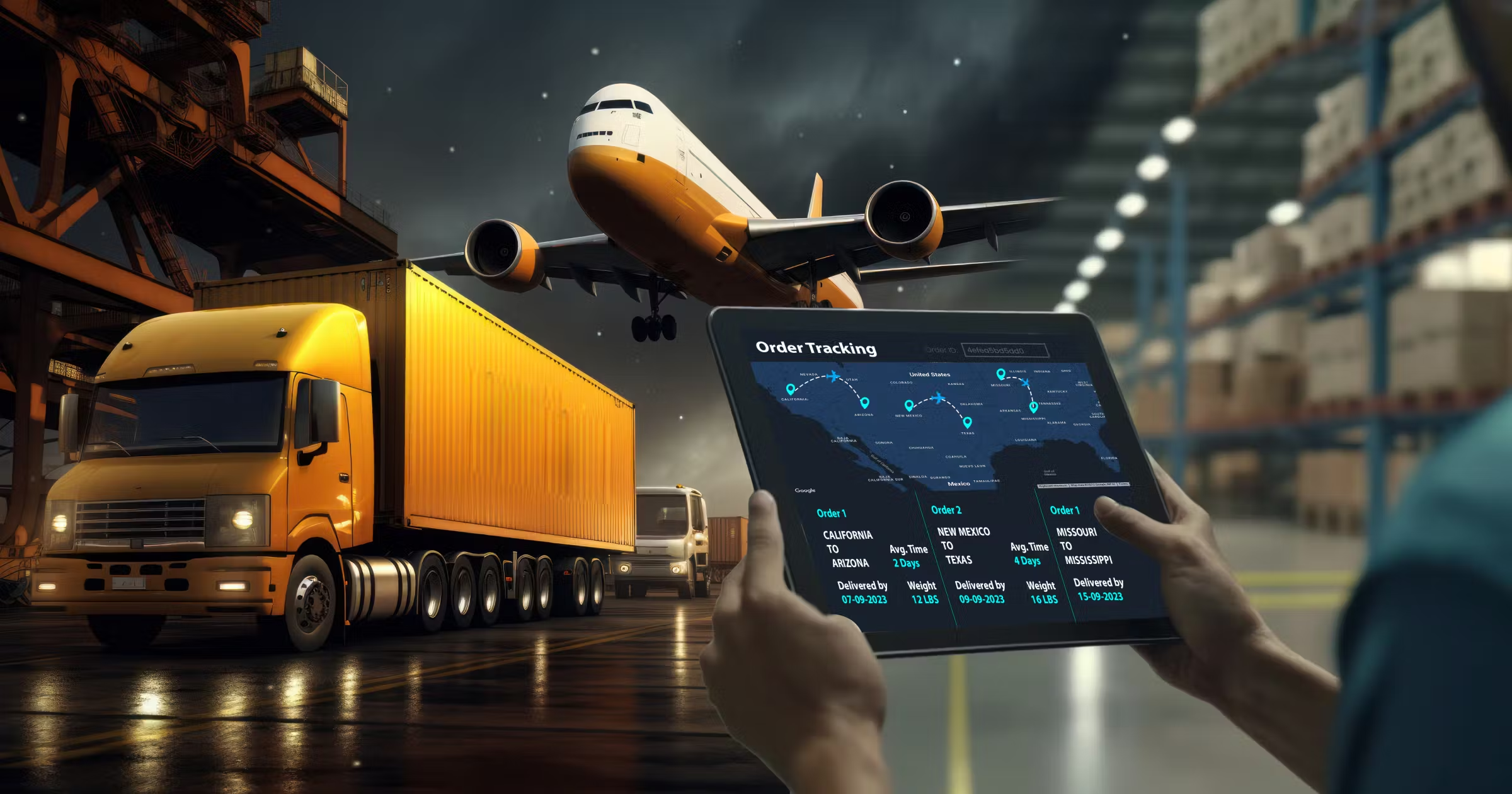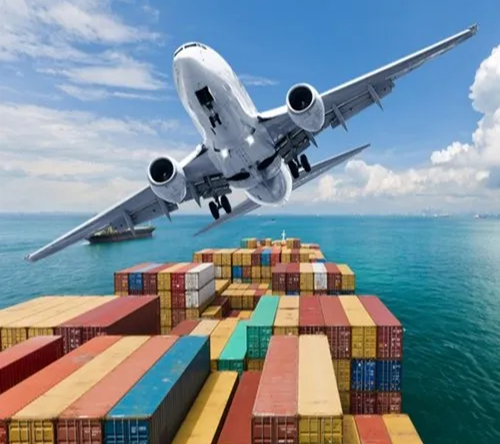
Smart Supply Chain Solutions in a Fast-Moving Logistics World
In today’s hyper-connected, digital-first global economy, speed and adaptability are no longer optional — they’re the new standard. As customer expectations rise and industries evolve, businesses need smart supply chain solutions to keep up with the fast-moving logistics world.
From real-time tracking to predictive analytics, let’s explore how cutting-edge innovations are reshaping supply chains and driving competitive advantage.
1. Real-Time Visibility & Tracking
Modern supply chains thrive on transparency. Technologies like GPS tracking, RFID, and IoT sensors offer end-to-end visibility across the entire logistics network. With real-time updates, businesses can:
-
Monitor cargo location and condition
-
Predict delivery times more accurately
-
Quickly respond to disruptions or delays
Visibility = Control = Customer Satisfaction.
2. AI & Predictive Analytics
Artificial Intelligence is transforming supply chain operations. Through data-driven insights, businesses can forecast demand, optimize routes, and reduce waste. Key benefits include:
-
Smarter inventory management
-
Reduced stockouts and overstocking
-
Dynamic route optimization based on traffic, weather, or customs clearance trends
AI turns reactive logistics into proactive performance.
3. Automation in Warehousing & Fulfillment
Automated systems like robotic pickers, conveyor belts, and automated guided vehicles (AGVs) accelerate warehouse operations while improving accuracy. Smart warehouses can:
-
Reduce human error
-
Increase picking/packing speed
-
Operate 24/7 with minimal downtime
This ensures that products move from shelf to shipment with unmatched efficiency.
4. Cloud-Based Supply Chain Platforms
Cloud technology centralizes data and enhances collaboration across suppliers, carriers, and retailers. These platforms offer:
-
Unified dashboards
-
Centralized documentation
-
Seamless integration with ERP and CRM systems
Cloud-based logistics systems enable flexibility, scalability, and remote access — vital in today’s distributed supply chain landscape.
5. Green & Sustainable Logistics
Smart supply chains aren’t just fast — they’re sustainable. Companies are adopting:
-
Electric delivery vehicles
-
Route optimization to reduce fuel use
-
Eco-friendly packaging
-
Carbon footprint tracking
Sustainability is now a core part of logistics planning, not just a trend.
6. Last-Mile Optimization
The last mile is often the most expensive and complex part of the logistics journey. Smart solutions like:
-
Micro-fulfillment centers
-
Crowdsourced delivery
-
Drones and autonomous vehicles
help businesses meet same-day or next-day delivery demands with greater precision and lower costs.
7. Resilient & Agile Networks
Disruptions (like pandemics or geopolitical issues) have shown the importance of agile supply chains. Smart logistics networks can:
-
Quickly switch suppliers or routes
-
Maintain buffer stock levels intelligently
-
Use digital twins to simulate supply scenarios
Resilience is no longer reactive — it’s baked into the system.
Conclusion: Smarter Logistics, Stronger Business
The future of logistics is not just about speed — it’s about intelligent speed. With smart supply chain solutions, businesses can deliver faster, operate leaner, and adapt quicker to changes in a competitive, fast-moving world.
Investing in technology, automation, and data today means building a supply chain that can grow with you tomorrow.



